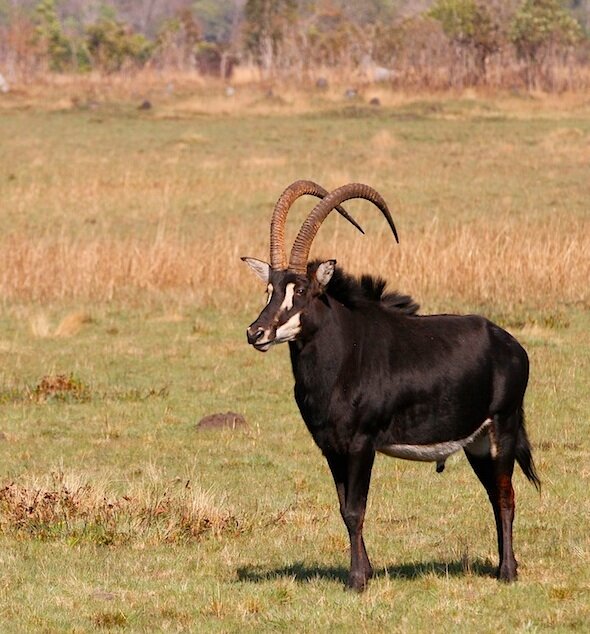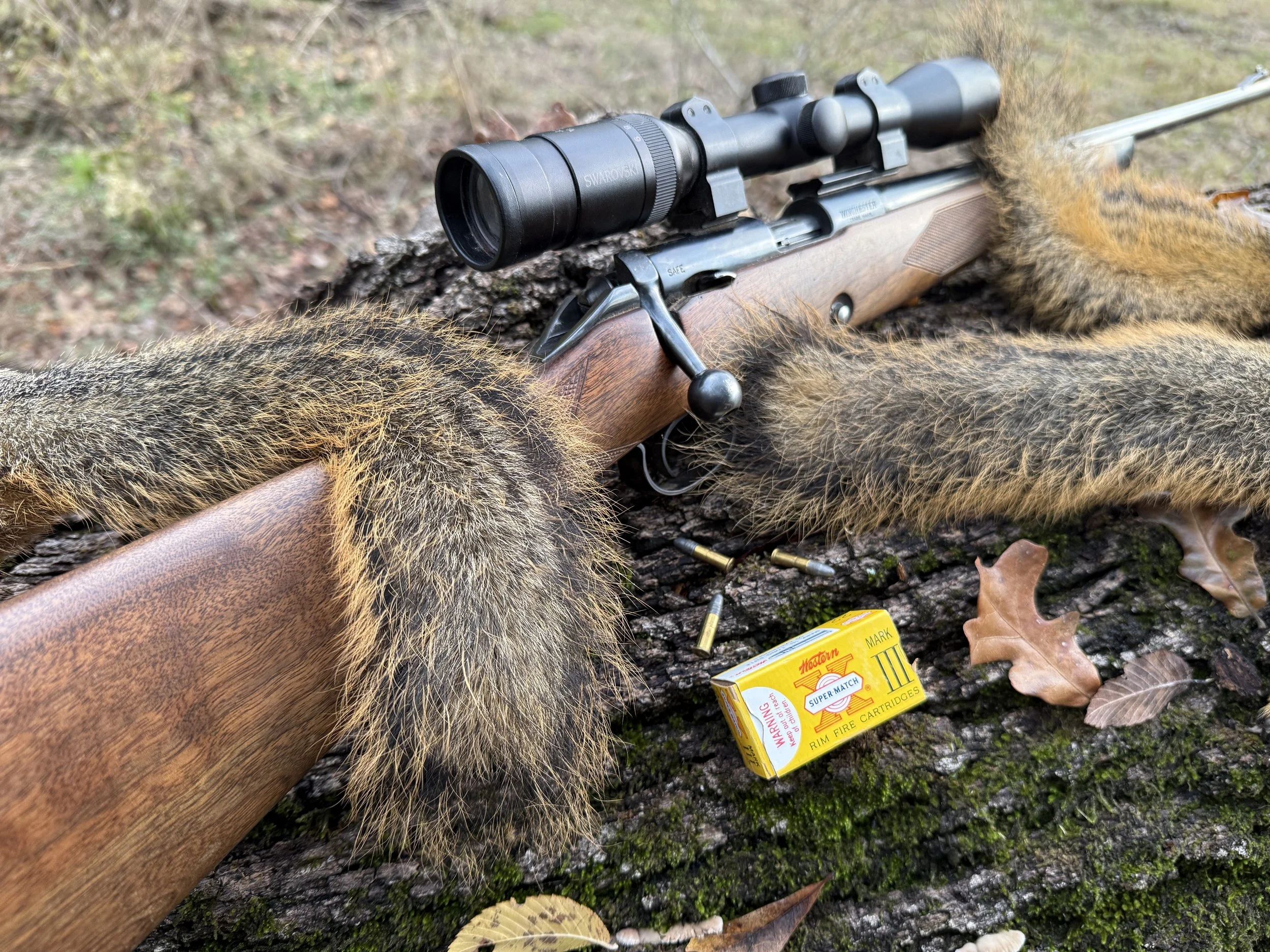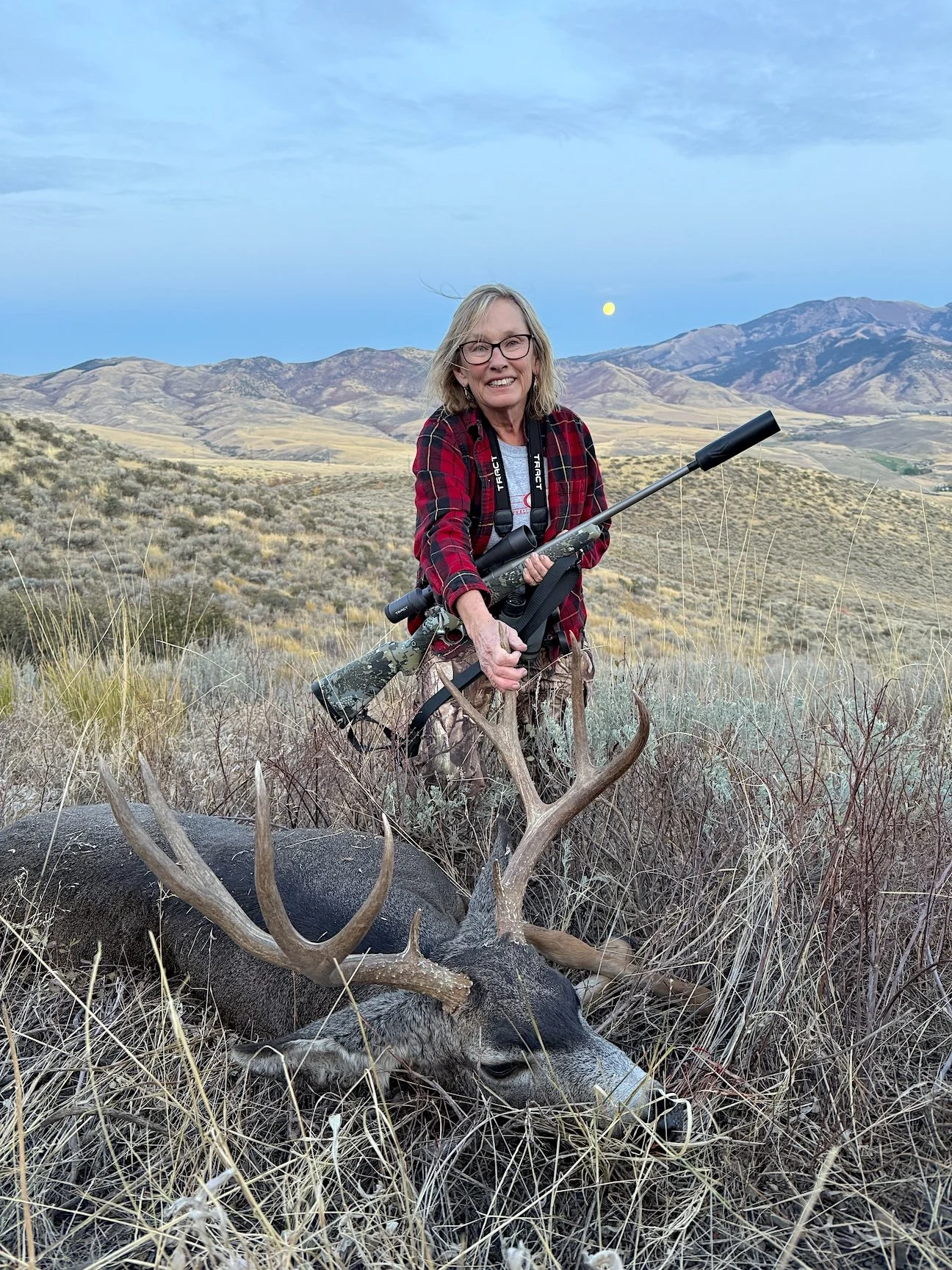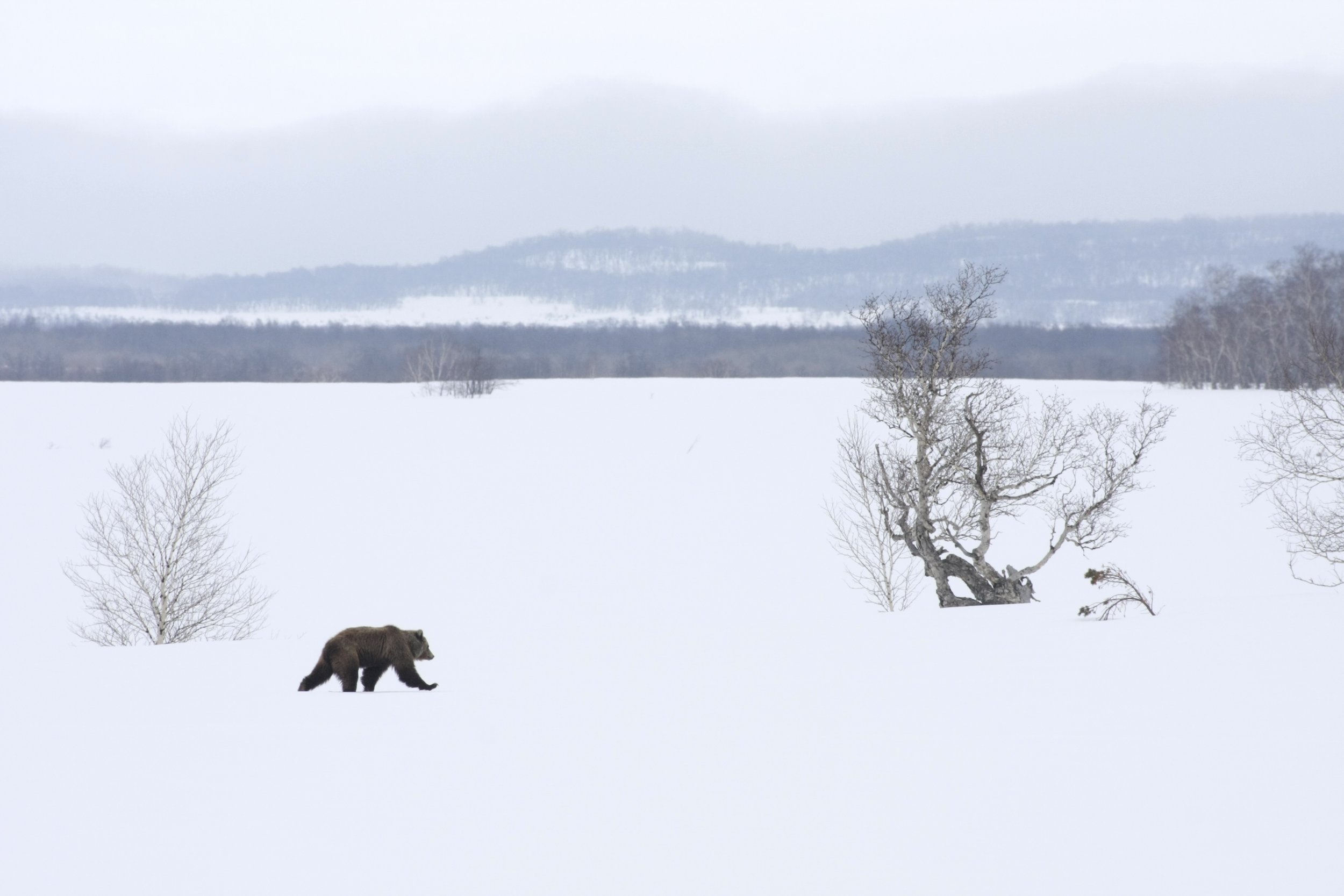Private Land Hunting Is Saving Zambia's Sable
Sable may be the most regal, majestic antelope in all of the world. And some of the biggest are at Nchila and Nkwaji Wildlife Reserves in Zambia. This is no accident. Owner and former cattle farmer Peter Fisher grew up on the land in an age when native wildlife was reaching a nadir. He set out to change that, paying to capture a small herd of sable that was being poached into oblivion to feed military troops. He fenced those and released their offspring into more than 20,000 acres of former cattle forest, also fenced to keep out poachers. Over the decades Fisher saved more dwindling herds of not just sable, but eland, kudu, puku, lechwe and more. Surrounded by empty woods, meadows and silence where no native game survives, today his farm is an oasis of wildlife, an Eden of game. And we hunted it. Hunting is not only compatible with this wildlife restoration success story, but essential to it. By providing an abundance of native creatures that visiting safari hunters can view, photograph, shoot and eat, Nchila and Nkwaji Wildlife Reserves ensure they thrive.
At Nkwaji, Betsy and I stayed in an expansive, luxurious tent with complete, private running water bathroom. We ate in elegant dining tents and warmed ourselves by morning fireplaces wrapped within glowing white sails of canvas. We ate gloriously of foods prepared from locally grown produce and game meat cooked to perfection. And we found game. Each morning after coffee and cinnamon rolls, Pete would drive us through his forest-glade wonderland, pointing out herds of buffalo, impala, blue wildebeest, eland, roan, zebra and, especially, sable. Red cows and calves. Black bulls showing off ribbed, sweeping horns that could inspire a poet. We tracked and hiked, stalked and photographed and eventually, almost regrettably, shot a lovely pair of mature bulls, knowing they would not only feed the camp staff, but many nearby villagers. And the monies we paid for the experience would fund local schools, a clinic and additional habitat to enable Nkwaji Wildlife Reserve to continue importing and supporting more native species. Why an arrangement like this disturbs so many non-hunters mystifies me. The logic is so simple, the exercise so natural, beneficial and essential. It's the oldest story on Earth. Creatures great and small live and die and feed on other creatures, all of them contributing to the balance, the great wheel of life that has been churning for millions of years. From T. rex to black widow spiders, from lions to Homo sapiens, predators have hunted and eaten to fulfill Nature's demands to control plant eaters. This is not an aberration. It's a proven system, the perpetuating cycle of life. Nchila and Nkwaji Wildlife Reserves are no Darkest Africa wilderness. You will not be trekking to it for a week with 200 porters, dodging lions and rhinos as you go. That Africa is gone. The continent is filling to overflowing with an exploding population of humans wanting and building roads, dams, town, mines and all modern facilities that spell the death of wildlife and wild places. Hungry villagers have no sympathy for wild animals that eat their crops or livestock, but they have a taste for any meat they can catch. Who can blame them?
Unless wildlife can bring in more money (in the form of jobs and outright sale -- hunting fees) than the raw meat is worth, it will continue to fall without restriction to poachers. But, properly valued for tourism, viewing, photography, hunting and consumption, it can thrive while supporting local economies. Hunting at Nkwaji Wildlife Reserve supports and perpetuates not only native wildlife in stunning numbers, but dozens of local families, five schools and a health clinic. That's good enough for me, for Zambians, for Peter Fisher, for sable. And you?















